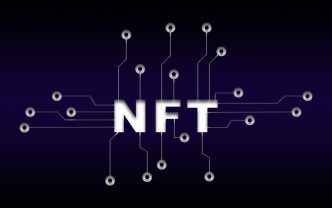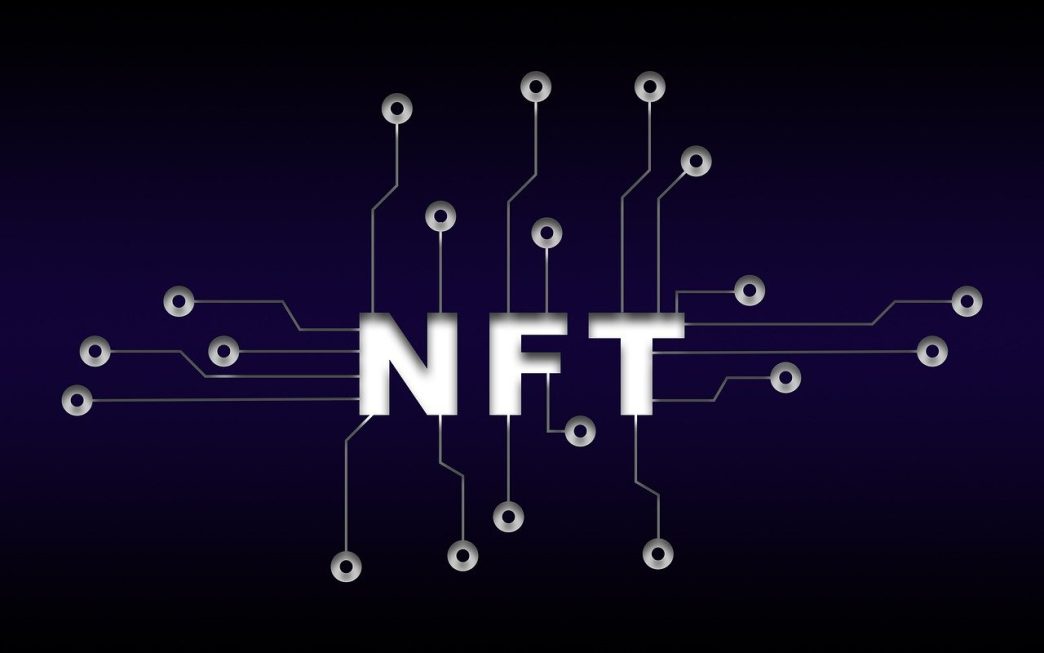The integration of blockchain technology into video gaming has introduced a new paradigm focused on artificial scarcity and the ownership of digital game items. However, this approach neglects some of the most critical aspects of value creation in gaming, according to recent research conducted by Alesha Serada at the University of Vaasa. Serada’s doctoral dissertation explores how the true value of game items, including Non-Fungible Tokens (NFTs), is shaped not just by rarity or market price, but by intricate social dynamics within gaming communities.
Using CryptoKitties, one of the first popular blockchain-based games, as a primary case study, Serada’s research demonstrates the disconnect between blockchain’s promise to gamers and its actual impact. When NFTs were first introduced in 2017, they were hailed as a way to liberate players from the control of major game publishers, offering ownership of digital assets in decentralized virtual worlds. However, eight years later, that vision remains largely unfulfilled. Despite the rapid development of blockchain technology, only a handful of blockchain-based games have gained any traction, and those that have are often criticized for lacking meaningful engagement and lasting value to players.
Blockchain-based games, commonly known as “crypto games,” have contributed significantly to the development of blockchain platforms, yet they struggle to deliver the kind of value that resonates with their player bases. According to Serada, the industry has largely overlooked the social aspects of gaming communities, where much of the value of in-game items is derived from interaction, cooperation, and the culture built around games. The narrow focus on scarcity and financial ownership misses the broader picture of what truly engages players and sustains long-term interest in games.
The Complex Model of Value Creation in Blockchain-Based Games
Serada’s research goes beyond the technicalities of blockchain to propose a more nuanced understanding of value creation in games. Based on the findings, Serada introduces a three-dimensional model of value creation that encompasses the following: the value designed by game developers, the subjective value projected by individual players, and the collective value generated by the game community. This model underscores the idea that the most sustainable and engaging form of value in games is the one built collectively by the players themselves, through shared experiences and social bonds.
The research reveals that blockchain-based games are particularly weak in fostering this community-driven value. Unlike traditional video games, where players come together to create vibrant communities and shared narratives, blockchain games often focus on isolated ownership of digital items. Serada argues that while blockchain can offer some interesting possibilities for game design, its current implementation in most crypto games fails to capture the core elements of community engagement that have historically made games valuable to their players.
In addition to offering insights into how blockchain could be better integrated into gaming, Serada’s dissertation includes a decision-making flowchart that game developers can use to evaluate the types of value being created by game items represented as NFTs. By adopting a more holistic approach, developers can ensure that the value derived from these digital assets goes beyond simple scarcity and extends into the social and cultural dynamics that are fundamental to the gaming experience.
Future Directions for Blockchain and Game Design
Serada’s research concludes that while blockchain holds potential for the gaming industry, it must evolve to better align with the social aspects of gaming communities. The study also opens the door for future academic inquiry into how value is created and sustained in digital environments, particularly as emerging technologies like blockchain continue to evolve. Moreover, the research could have implications beyond gaming, offering insights into other industries where NFTs and blockchain-based assets are being used to create artificial scarcity and ownership models.
Ultimately, the dissertation encourages game developers to shift away from a focus on rarity and financialization toward more inclusive designs that prioritize player engagement, shared experiences, and community-building. By doing so, blockchain-based games might finally live up to their early promise of revolutionizing the gaming landscape.
More information: Serada, Alesha. Value Creation and Price Negotiation on the Blockchain-Based Marketplace: The Case of CryptoKitties, (2024). Doctoral dissertation. University of Vaasa, osuva.uwasa.fi/handle/10024/18000








